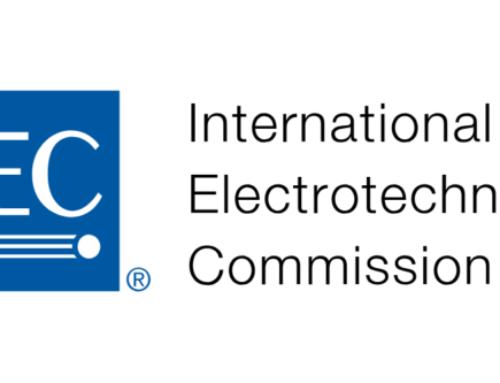19/08/2020
 In July 2020, fifteen ministries – including MIIT – jointly published the Guiding Opinions on Further Facilitating the Development of Service-Oriented Manufacturing. The document outlines the development objectives of service-oriented manufacturing, namely:
In July 2020, fifteen ministries – including MIIT – jointly published the Guiding Opinions on Further Facilitating the Development of Service-Oriented Manufacturing. The document outlines the development objectives of service-oriented manufacturing, namely:
- Through the selection and nurturing of service-oriented manufacturing demonstration enterprises, platforms, projects and cities, promote the philosophy and models of service-oriented manufacturing, and increase the service input and output of manufacturers;
- Establish a group of application service providers that control core technologies, shape a favourable ecosystem stimulating the development of service-oriented manufacturing, and contribute to the affirmation of a group of leading multinational enterprises and industrial clusters in this field, thus raising the status of China’s manufacturing industry in the global industrial and value chain.
Service-oriented manufacturing represents an emerging industrial form, and it has frequently appeared in a wide range of fields and segments of the manufacturing industry. While in line with the general trend of transformation and upgrading of the manufacturing industry, service-oriented manufacturing has taken various shapes and implementation paths. The Guiding Opinions highlight in particular the development of nine key service models, namely: (i) industrial design services; (ii) customization services; (iii) supply chain management; (iv) shared manufacturing; (v) inspection, testing and verification services; (vi) product lifecycle management; (vii) total integration and general contracting; (viii) energy conservation and environmental protection services; and (ix) productive financial services. All these models involve service innovation within all segments of the manufacturing industrial chain, as well as horizontal and cross-cut integrated services.
In order to support the innovation of these models, the Guiding Opinions outline four main priority areas on which efforts will be focused: (i) advancement of IT application capabilities; (ii) standardisation; (iii) personnel training; and (iv) establishment of public service systems. With respect to standardisation, the document calls for improving service specifications and standards, specifically,
- Establishment of tailored service-oriented manufacturing evaluation systems for different fields and sectors of the manufacturing industry;
- Formulation of application-oriented standards for products and services, key technical standards, and application standards for sub-sectors, with a particular focus on issues such as data integration, interconnection and sharing;
- Exploration and launch of testing and verification of application standards;
- Strengthening of the standardised and quality-based management of industrial services, of the application of standards, and of certification and accreditation systems for relevant standards;
- Achievement of joint breakthroughs in both standards and key generic technologies of service-oriented manufacturing in relevant sectors;
- Support to patent application for innovative achievements in services, e.g. design, in order to further strengthen IPR protection;
In addition, the document positions international cooperation and exchanges as crucial for shaping a favourable environment stimulating the sound development service-oriented manufacturing. In particular, the document explicitly outlines that “China should actively participate in the establishment of international standardisation systems and trade rules for service-oriented manufacturing, and promote the mutual recognition of standards and certification of products/services both bilaterally and multilaterally. Under the guidance of the government, Chinese manufacturers should obtain service qualifications recognised worldwide, and actively undertake international projects, so that Chinese equipment, technologies, standards, certification and services can go global”.
Background
In 2016, in order to implement Made in China 2025, MIIT, the National Development and Reform Commission, and the Chinese Academy of Engineering, jointly formulated the Guidelines for the Special Project of Developing Service-Oriented Manufacturing, aimed at guiding the development of service-oriented manufacturing from 2016 to 2018. The newly released Guiding Opinions can be seen as the continuation of the former document, and as such they aim to guide the development of service-oriented manufacturing over the next five years.
https://mp.weixin.qq.com/s/T09f9WAJ89lX7YE3V3usUA




